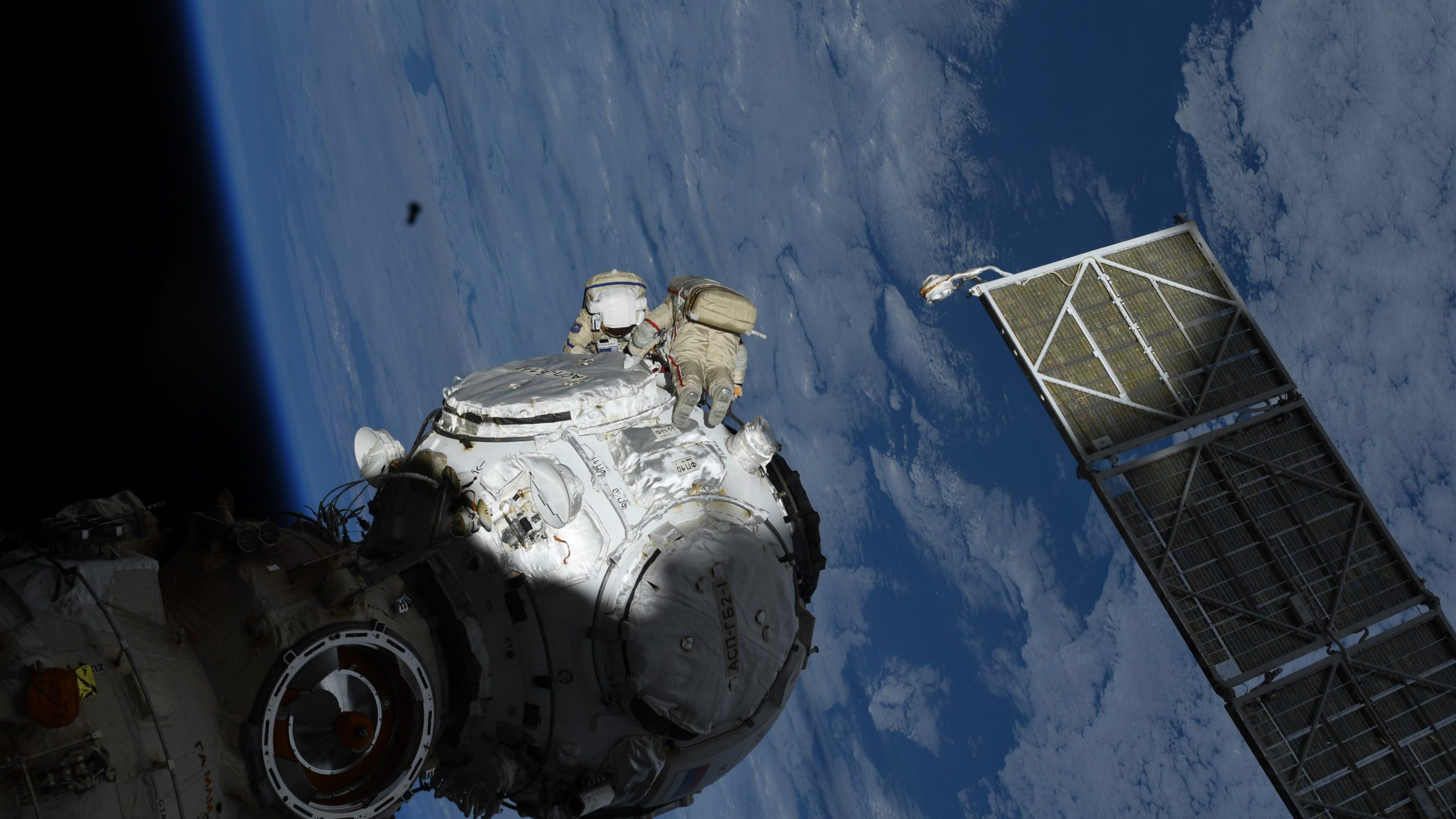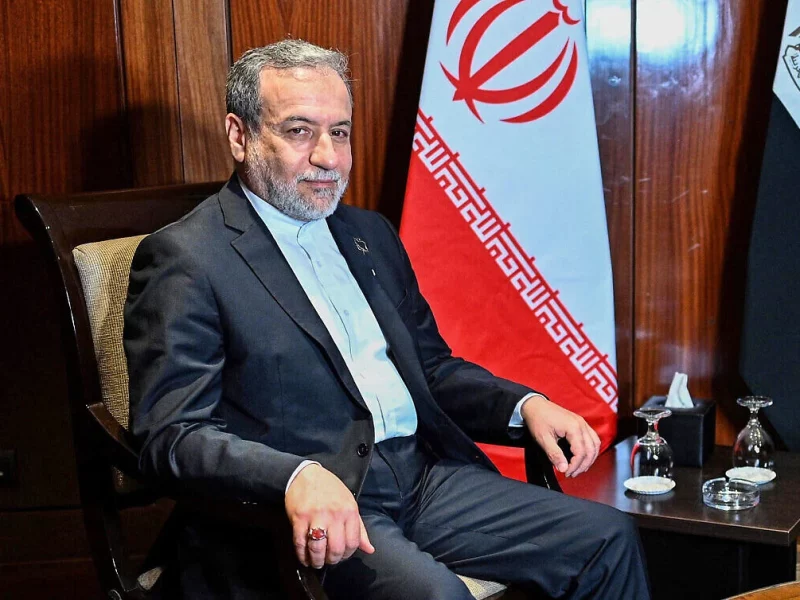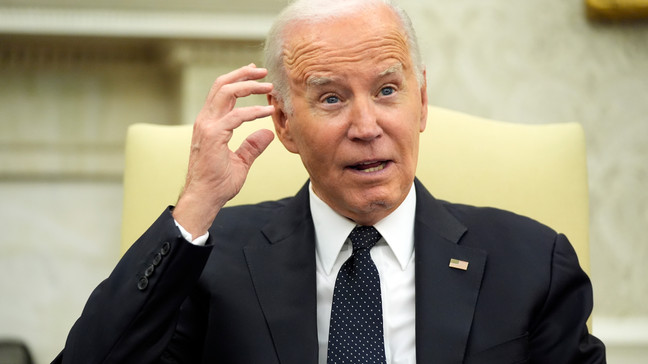Tensions on Earth don’t always stay on Earth. A NASA astronaut recently opened up about a striking moment aboard the International Space Station (ISS) when a Russian cosmonaut made a bold declaration of support for Russia’s invasion of Ukraine. The incident, which occurred while astronauts and cosmonauts were sharing close quarters in orbit, underscores how geopolitical rifts can seep into even the most collaborative environments.
In a candid interview, the unnamed NASA astronaut described the moment as “jarring” and “unmistakably political”—a stark contrast to the ISS’s usual atmosphere of international cooperation and scientific focus. According to the astronaut, the Russian crew member voiced his support for the invasion in a direct, unapologetic manner during a routine group discussion.
While the conversation didn’t escalate into confrontation, the tension was palpable. “Everyone went quiet,” the astronaut said. “It was clear that this wasn’t just small talk. It was a statement.”
This moment brings up a broader question: What happens when astronauts, representatives of various nations, are forced to share a living space while their governments are at odds back home? Historically, the ISS has been a symbol of peaceful international cooperation. For over two decades, Americans, Russians, Europeans, and others have worked side by side, often putting aside political differences for the sake of science and exploration.
But Russia’s 2022 invasion of Ukraine has strained even space relations. NASA and Roscosmos have continued joint missions out of necessity, but cracks in the partnership have become more visible. Public gestures—like Russian cosmonauts wearing suits in Ukraine’s colors—have already raised eyebrows. But verbal expressions of support for the invasion cross into new, politically charged territory.
The NASA astronaut said that after the comment was made, the crew largely chose to focus on their tasks and avoid deep political discussions. “We’re up there to work. We’re not diplomats. But when something like that gets said, you don’t forget it,” the astronaut noted.
NASA has not officially commented on the astronaut’s claims, and Roscosmos has similarly remained silent. Still, the account adds a human dimension to the ongoing strain in U.S.-Russia relations and offers a rare look at how politics can manifest in one of the most isolated workplaces in the world.
Final Thoughts
The International Space Station has long been a beacon of unity beyond borders. But as the war in Ukraine continues to test alliances on Earth, even the sanctuary of low Earth orbit isn’t immune. The NASA astronaut’s experience is a sobering reminder: astronauts may float above geopolitics, but they’re not above its reach.



